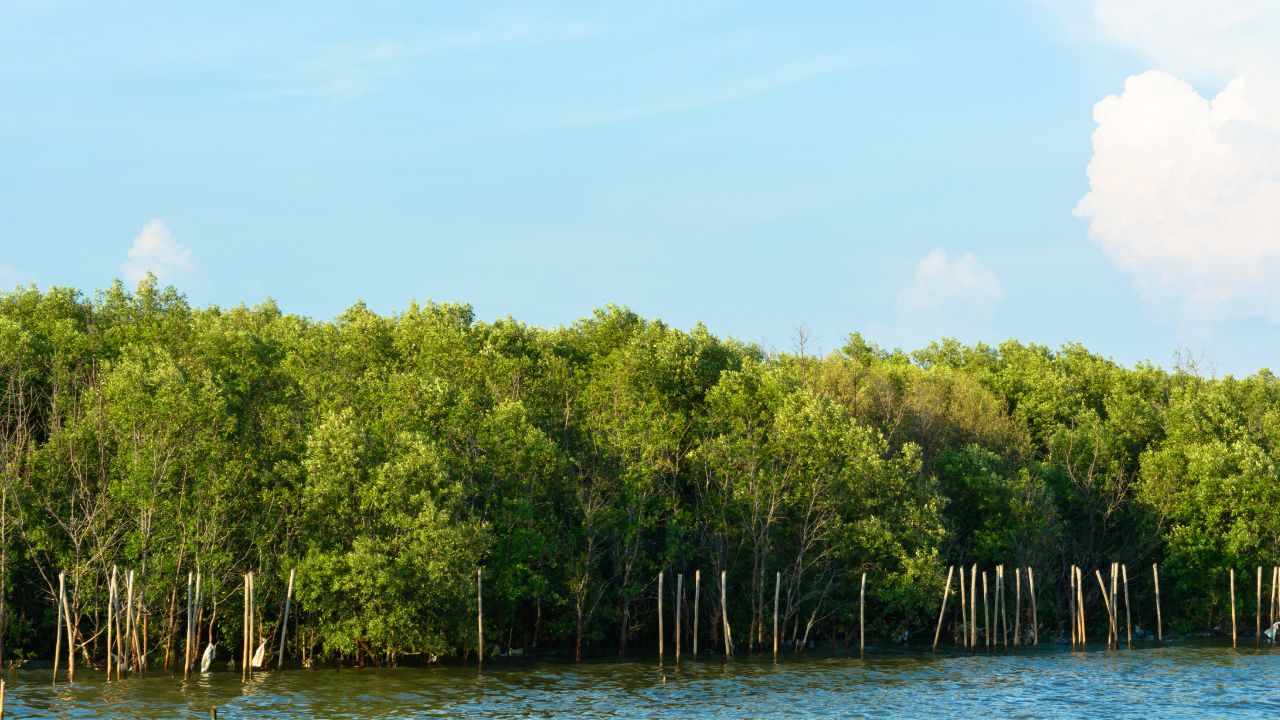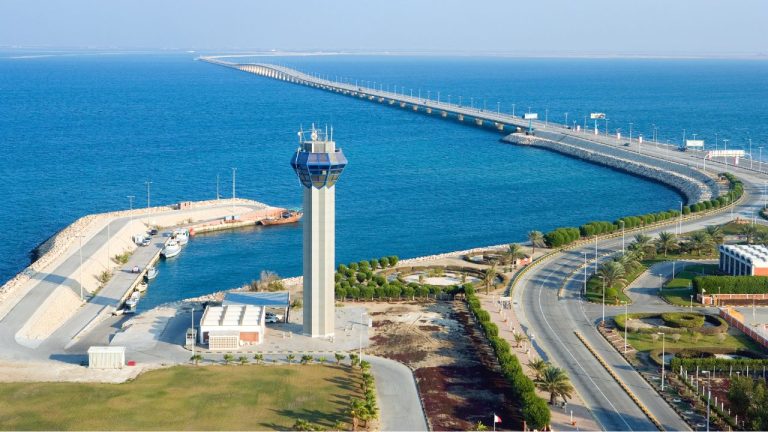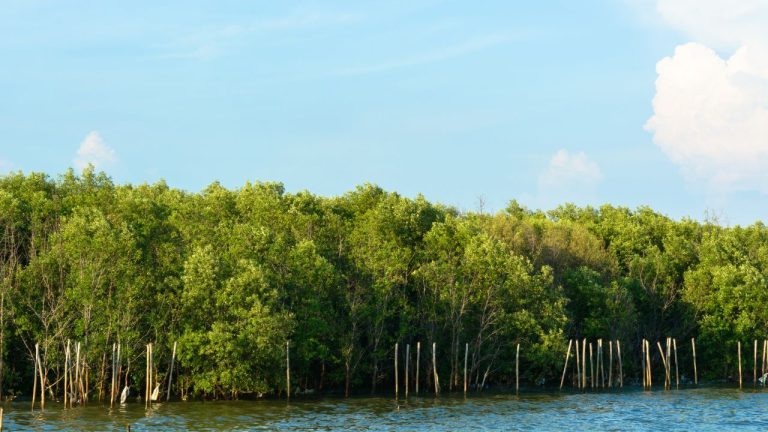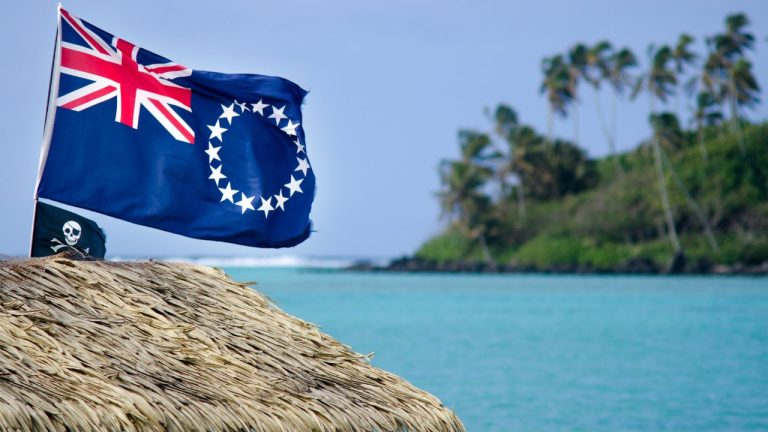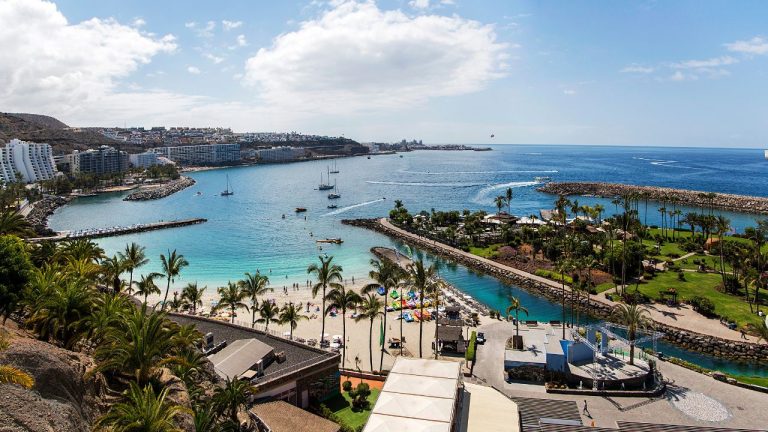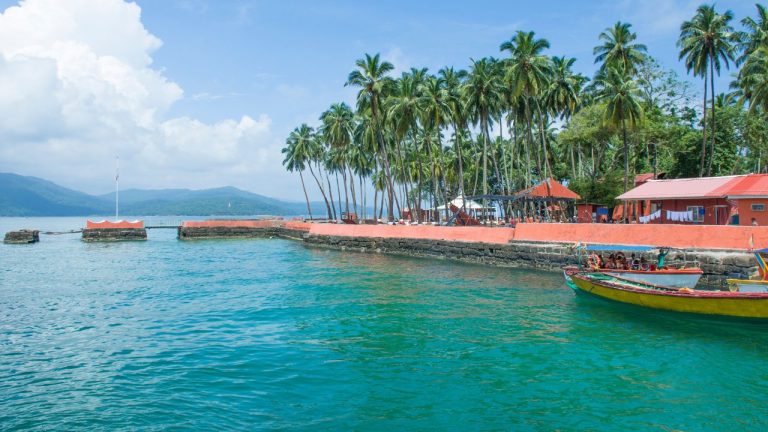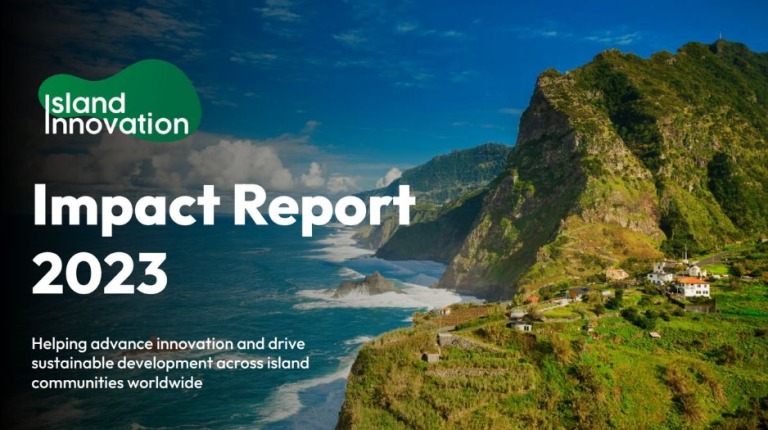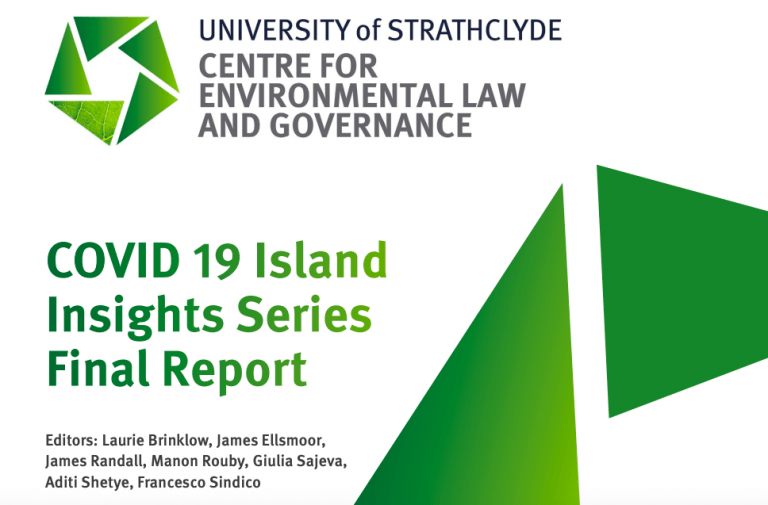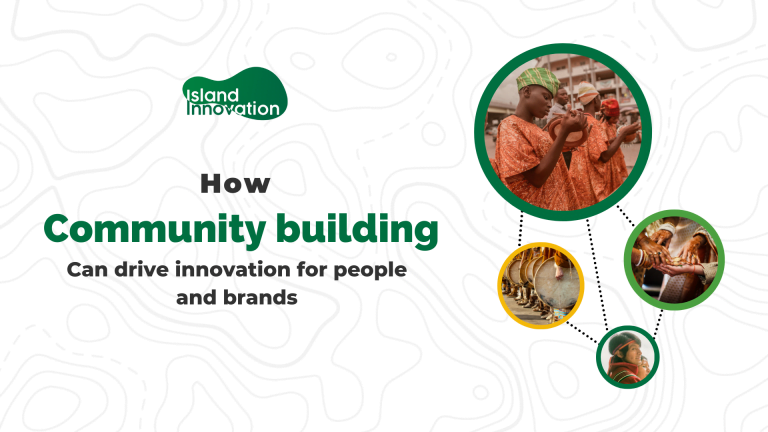Excerpt from lowyinstitute.org
Last year, the South Pacific Stock Exchange and International Finance Corporation, with support from Australia and New Zealand, launched an initiative to help identify environmentally sustainable economic activities. The aim is to guide public and private investments toward projects aligned with Fiji’s climate goals. It was just one of several initiatives deployed by Small Island Developing States in the effort to confront a complex web of challenges, comprising rising sea levels and coastal erosion, with the resultant effect on volatile sectors such as tourism.
Small island nations are increasingly turning to environmental, social and governance (ESG) standards as a potential tool for sustainable development. ESG frameworks are designed to align investment flows with environmental stewardship, social equity and responsible governance. ESG principles are closely aligned with the United Nations Sustainable Development Goals (SDGs), not only as market signals, but governance tools to track and steer national progress toward global sustainability targets. However, their introduction to small island nations is itself proving a challenge.

